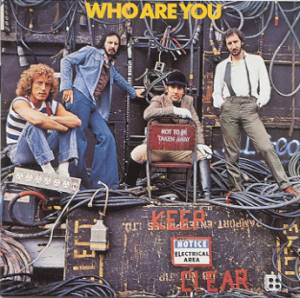Caroline Wilky, Associate Director
Many applicants to STEM PhD programs assume that they must convey their passion for their research subject in their statement of purpose. They are convinced of the importance of demonstrating to the admissions committee that they are obsessed with their field of choice and have been for a long time. This often results in statements of purpose that begin with anecdotes about how an applicant has loved science since she was a little girl, and spent her childhood raising tadpoles or reading anatomy textbooks. These passion anecdotes rarely if ever work and often have the opposite effect on readers. Moreover, they waste the little space that you have to convey what the committee is really interested in: your research interests, research experiences, and your case for why this program and department is the place for you to make contributions to the field.
The instinct to demonstrate passion is not, however, wholly misguided. They way to do it is through your description of your research, which should be sophisticated, informed by current scholarship and methodologies, and engaged with the concerns, questions, and problems the field you hope to join is interested in solving. It is not enough to describe what you did in the lab. You must show that you understand why you were doing it and where your project fit in the lab’s goals and the field’s priorities. The goal is not to come across as a precocious science student, or a competent research technician, but rather as an intelligent, motivated, and creative thinker capable of contributing new knowledge to your field. In other words, your passion comes through in how you understand and describe your research, not from your personal motivations for research, however meaningful and true they may be to you.



